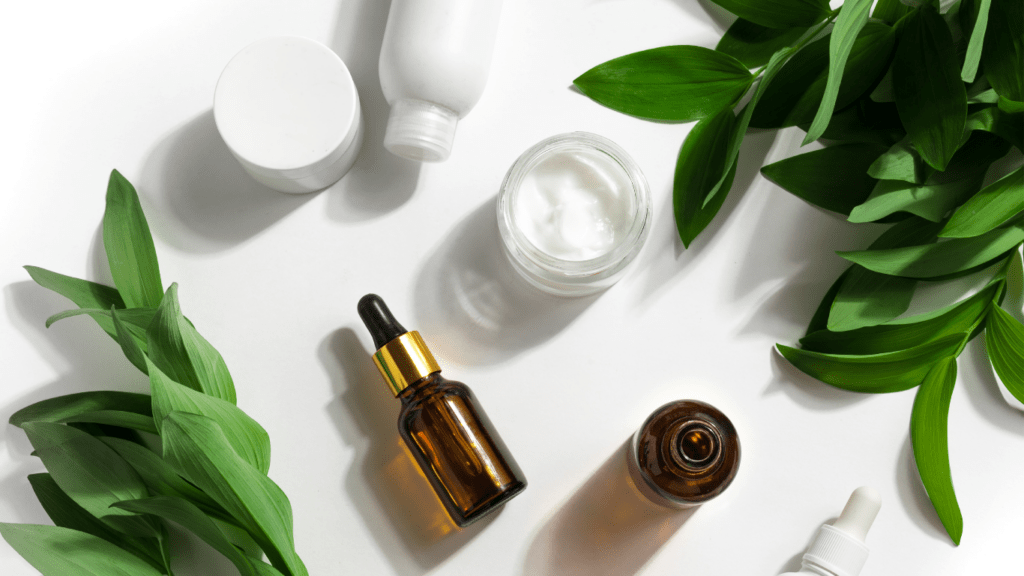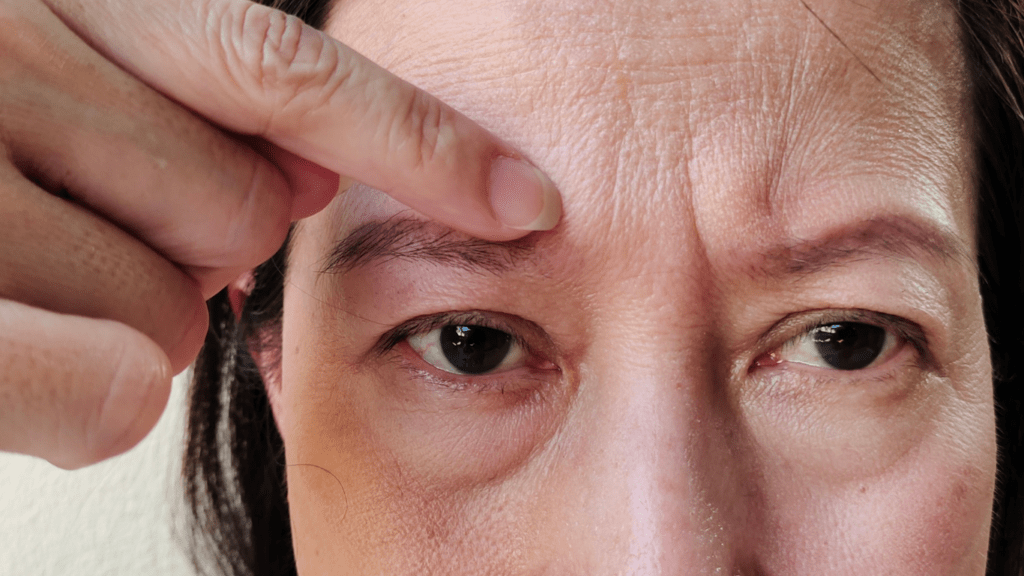Understanding Dry Skin and Summer Effects
Summer can make skin dry due to multiple external factors. Recognizing these effects helps prevent and manage dryness effectively.
Why Your Skin Dries Out in Summer
Hot weather and increased UV exposure strip moisture from the skin.
Air conditioning exacerbates this by reducing humidity levels indoors. Chlorine in swimming pools also plays a role, leaving the skin drier after a swim.
The Science Behind Skin Hydration
Skin hydration relies on maintaining the stratum corneum, the outermost skin layer. This layer acts as a barrier, keeping moisture in. When exposed to sun and dry air, it loses essential lipids and water content.
This results in flaky and tight skin. Hydrating ingredients like hyaluronic acid and ceramides help replenish these vital components.
Essential Hydration Tips
Combatting dry skin in summer requires more than topical treatments. Incorporate these essential hydration tips to maintain healthy, moisturized skin.
Drinking Enough Water
Staying hydrated from within is crucial. The National Academies of Sciences, Engineering, and Medicine recommend about 3.7 liters of fluids daily for men and 2.7 liters for women.
I keep a water bottle handy and set reminders to ensure regular intake. Fresh fruits and vegetables, such as cucumbers and watermelons, also contribute to hydration levels.
Using Humidifiers at Home
Indoor air can become extra dry with constant air conditioning. A humidifier increases moisture levels, helping skin retain hydration. I use a cool-mist humidifier in my bedroom to maintain optimal humidity.
The American Academy of Dermatology suggests keeping indoor humidity between 30-50%. Regularly cleaning the humidifier prevents mold and bacteria build-up, ensuring healthy air quality.
Best Practices in Skin Care Routines
A consistent skincare routine is vital to combat dry skin during summer. Focus on daily cleansing, moisturizing, and understanding the role of exfoliation.
Daily Cleansing and Moisturizing
Cleanse skin twice a day using a gentle, hydrating cleanser to remove impurities without stripping moisture. Look for cleansers with hydrating ingredients like glycerin, aloe vera, and hyaluronic acid.
Moisturize immediately after cleansing to lock in hydration. Use a lightweight, non-comedogenic moisturizer packed with ingredients like ceramides and hyaluronic acid.
Apply extra moisturizer to dry areas like elbows and knees.
The Role of Exfoliation
Exfoliate skin 1-2 times a week to remove dead skin cells and promote cell turnover.
Choose gentle exfoliants like lactic acid or glycolic acid, which hydrate while exfoliating. Avoid over-exfoliating, as it can irritate and worsen dryness.
Incorporate both physical (e.g., scrubs) and chemical exfoliants for balanced skincare. Always follow exfoliation with moisturizing to restore hydration levels.
In both cleansing and exfoliation, consistency is key to maintaining healthy, hydrated skin.
Recommended Products and Ingredients

Selecting the right products and ingredients is crucial for maintaining hydrated skin during the summer.
Hydrating Cleansers and Moisturizers
I choose hydrating cleansers that contain ingredients like glycerin and hyaluronic acid. Glycerin helps attract moisture, while hyaluronic acid can hold up to 1,000 times its weight in water.
Some popular options include:
- CeraVe Hydrating Cleanser: Contains ceramides and hyaluronic acid to restore the protective skin barrier.
- Neutrogena Hydro Boost Water Gel Cleanser: Rich in hyaluronic acid to deeply hydrate the skin.
Moisturizers should provide lasting hydration. Look for ingredients like ceramides, hyaluronic acid, and shea butter.
Effective moisturizers include:
- La Roche-Posay Toleriane Double Repair Face Moisturizer: Features ceramides and glycerin for long-lasting hydration.
- Eucerin Advanced Repair Cream: Contains ceramides and natural moisturizing factors to enhance the skin’s moisture-retaining capabilities.
Natural Oils and Their Benefits
Natural oils can offer additional hydration and nourishment. I recommend oils that mimic the skin’s natural sebum.
Effective oils include:
- Jojoba Oil: This oil closely resembles human sebum, making it ideal for moisturizing without clogging pores.
- Argan Oil: Rich in vitamin E and essential fatty acids, argan oil provides deep hydration and improves skin elasticity.
- Rosehip Oil: Known for its regenerating properties, rosehip oil is packed with vitamins A and C, which help improve skin texture and hydration.
Using these recommended products and ingredients helps me maintain hydrated, healthy skin throughout the summer.
Lifestyle Adjustments for Healthier Skin
Making a few lifestyle adjustments can help maintain healthier skin during the summer months. Here are essential changes to consider:
Diet Changes for Better Hydration
Eating a diet rich in water-dense foods keeps the skin hydrated. Incorporate fruits like watermelon (92% water), cucumbers (95% water), and oranges (87% water).
These not only hydrate but provide essential vitamins and minerals. Omega-3 fatty acids found in fish like salmon and flaxseeds reduce inflammation and improve the skin barrier function.
Avoid excessive caffeine and alcohol which dehydrate the body.
Importance of Sun Protection
Protecting skin from UV damage is crucial. Use broad-spectrum sunscreen with at least SPF 30, and reapply every two hours when outdoors.
Wear protective clothing like wide-brimmed hats and sunglasses. Seek shade between 10 am and 4 pm when the sun’s rays are strongest. Consider antioxidant-rich products like vitamin C serum to combat free radical damage from UV exposure.


 Bradley Frankirly is a distinguished article writer at Body Care And Matter, bringing a unique perspective to the world of health and wellness journalism. With a keen eye for detail and a passion for storytelling, Bradley crafts articles that resonate deeply with readers, offering both informative content and a relatable narrative.
Bradley Frankirly is a distinguished article writer at Body Care And Matter, bringing a unique perspective to the world of health and wellness journalism. With a keen eye for detail and a passion for storytelling, Bradley crafts articles that resonate deeply with readers, offering both informative content and a relatable narrative.

